If you enjoy a hot shower on a cold winter day, then you should probably thank your water heater. That bulky tank sitting somewhere in your crawling spaces is working tirelessly to provide you with hot water on demand; and because the heater is usually tucked away from living spaces, it can be easy to neglect. Although your water heating unit can do without constant attention, it may still need its due maintenance. To ensure daily access to your beloved hot water, consider giving your water heater the little care it needs every now and then.
Why You Should Get Your Water Heater Checked
Unlike many other home appliances, water heaters are generally known to be durable home appliances. However, as sturdy as they are, they will eventually give in if neglected. It is up to the homeowner to reinforce their durability by providing them with the necessary maintenance procedures at least once a year.
The most important aspect of your water heater to account for is its safety. Water heaters are equipped with safety devices that you should inspect on a yearly basis. These consist of valves that discharge water to prevent excessive pressures and temperatures.
Besides safety purposes, water heater maintenance is important for your system to run efficiently. A major element that would cause a loss of efficiency is calcium buildup. These sediments accumulate at the base of your tank, impeding the production of hot water and cutting down the amount of water your system can heat. In the case of gas water heaters, a buildup of minerals may eventually damage the tank. As for electric varieties, a buildup of calcium may cause a failure in the heating component. You can get rid of these minerals by taking the opportunity to flush your tank as you’re inspecting it.
Water heaters don’t often show signs of decline until it’s too late. This is exactly why conducting scheduled inspections is important to catch issues before they develop. By having your water heating system checked at least once a year, you would actually be dodging a huge bullet of a repair bill — and of possibly having to replace your heater.
When Would Your Water Heater Need Maintenance
Out of all the household appliances, the water heater is probably the one that receives the least attention. On average, you can expect your heater to run for eight to 12 years — that’s about a decade of non-stop operation. Among other factors, the amount of attention you give it can have an influence on its lifespan. Professionals recommend draining the tank once a year as part of the annual water heater maintenance. This would involve emptying the container through a hose and refilling it with fresh water. Other factors that determine the longevity of your appliance include the placement of the tank and the quality of the model. For instance, you may encounter problems with a poorly installed water heater despite providing it with annual maintenance. Taking these factors into consideration will reinforce the perpetuity of your heating device.
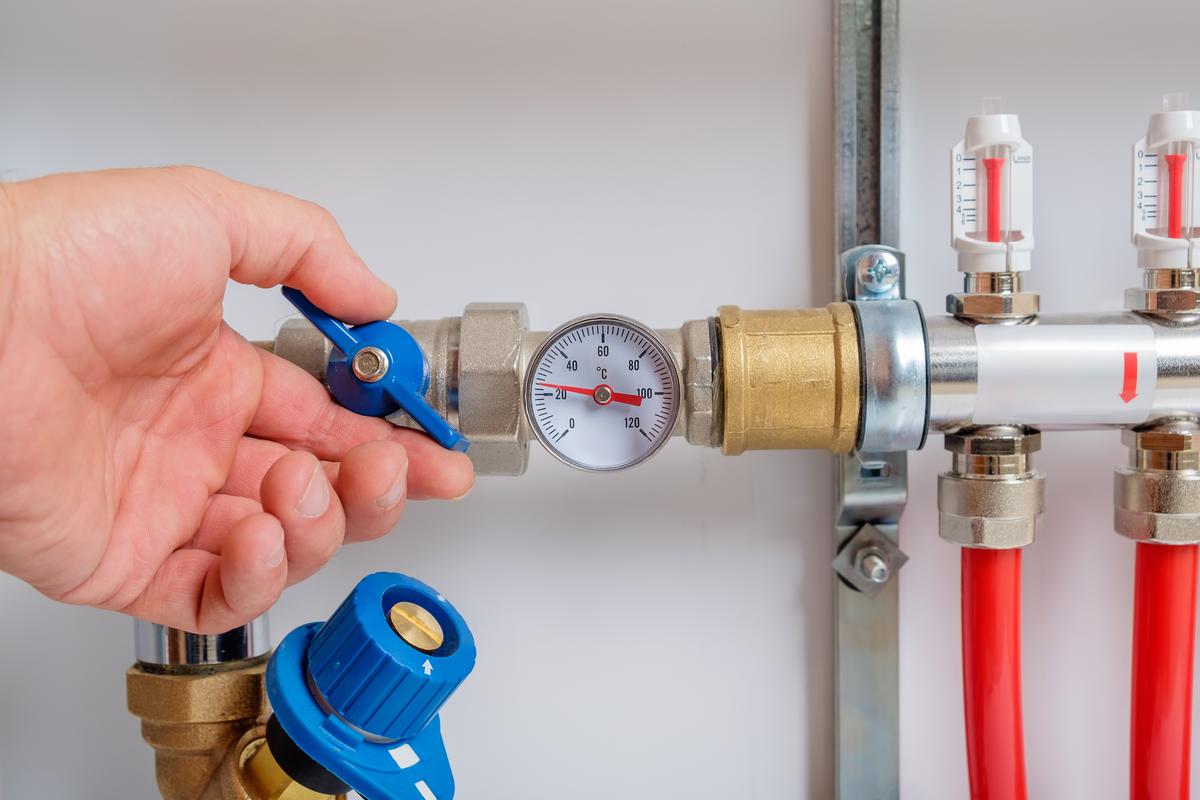
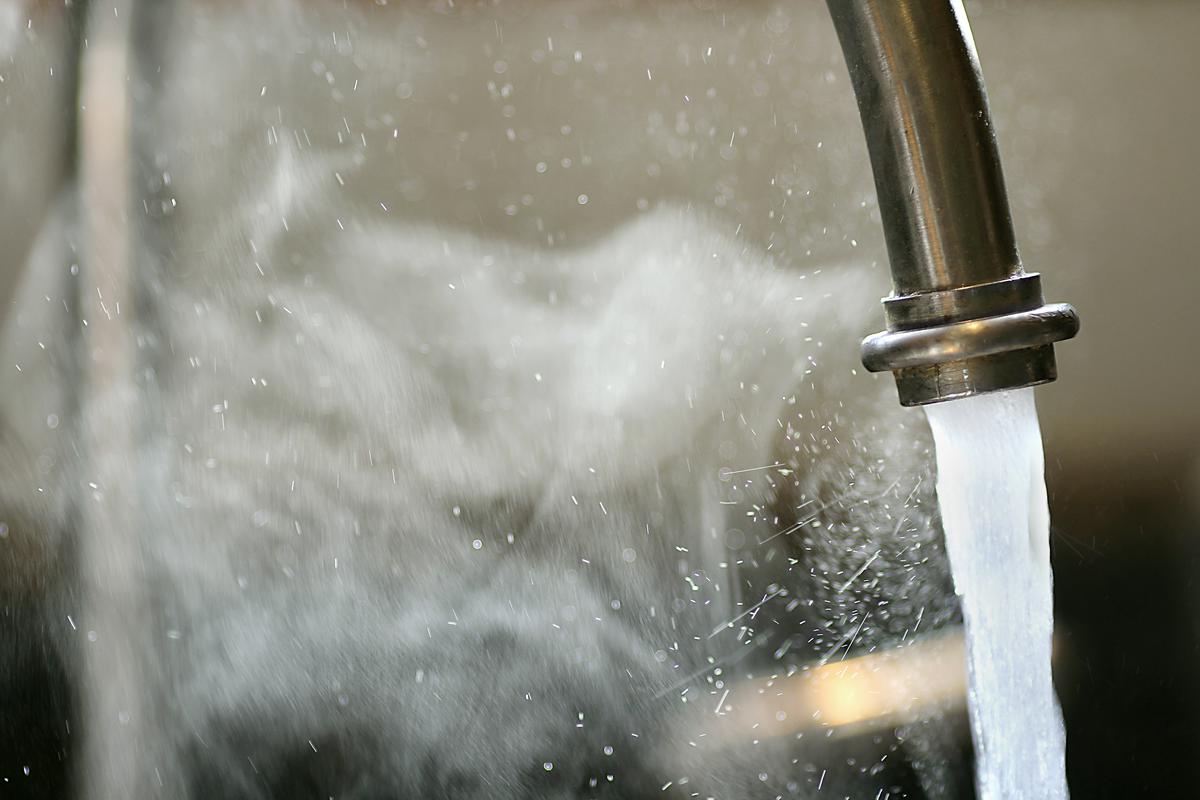
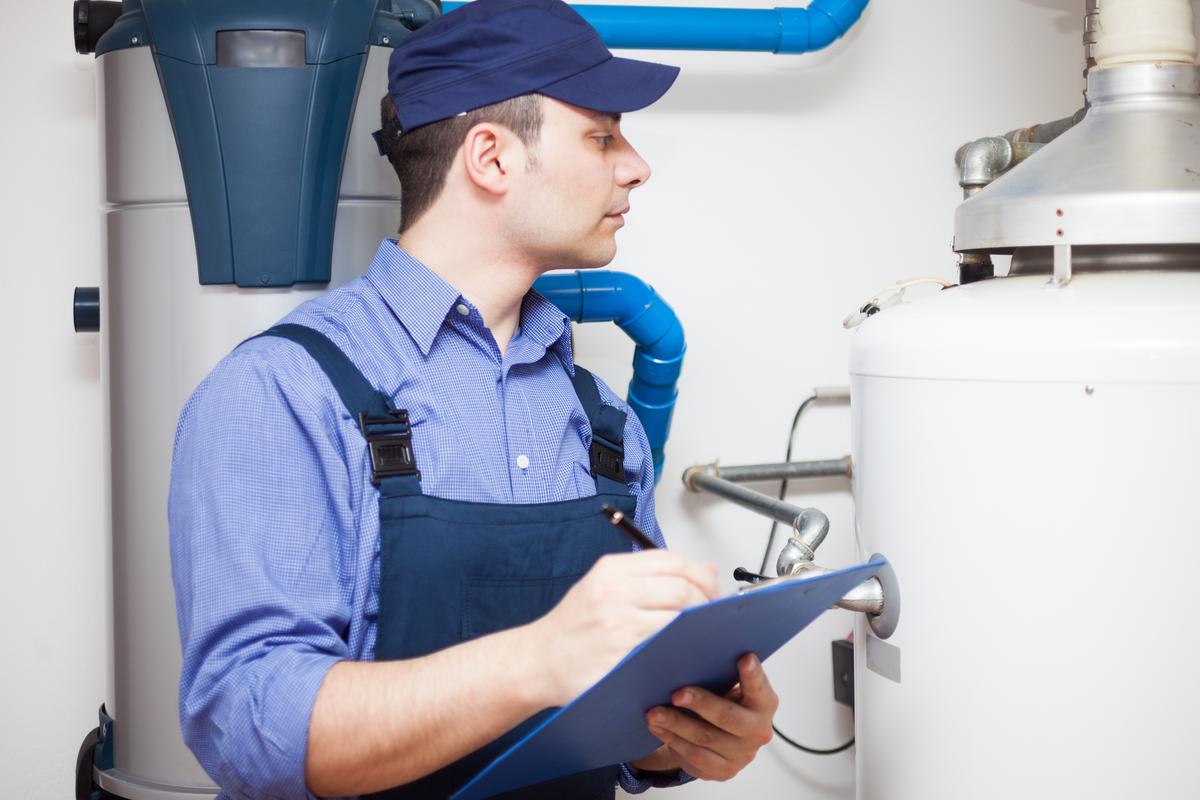
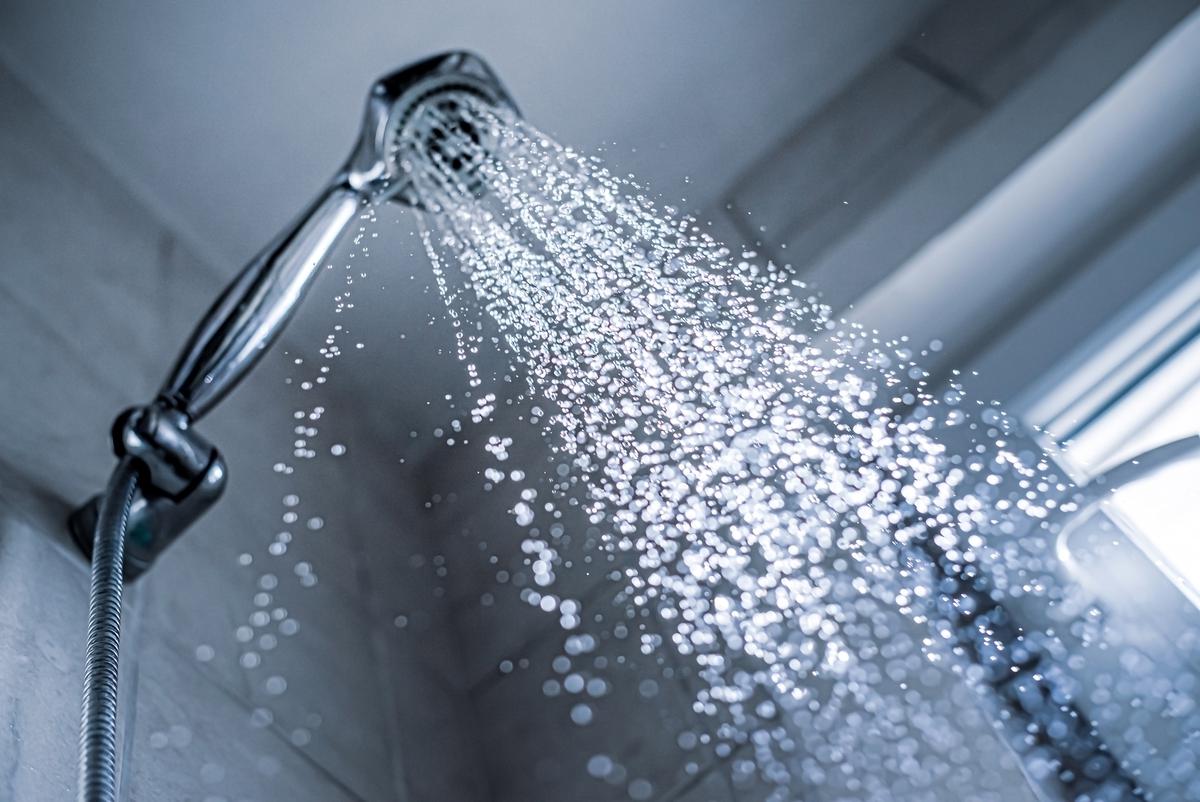

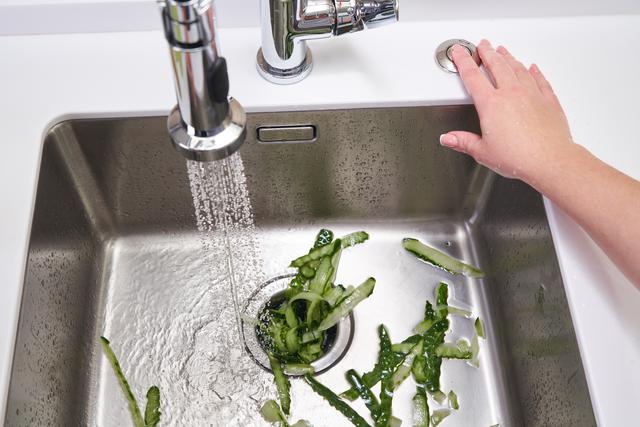
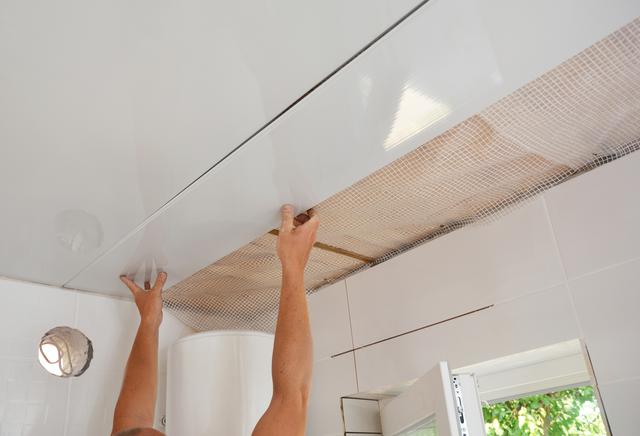

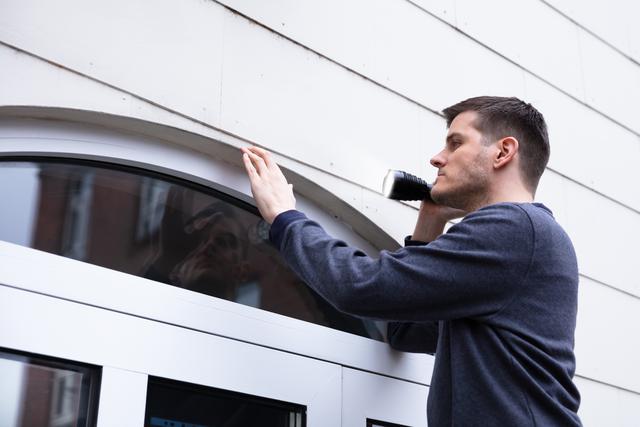
comments